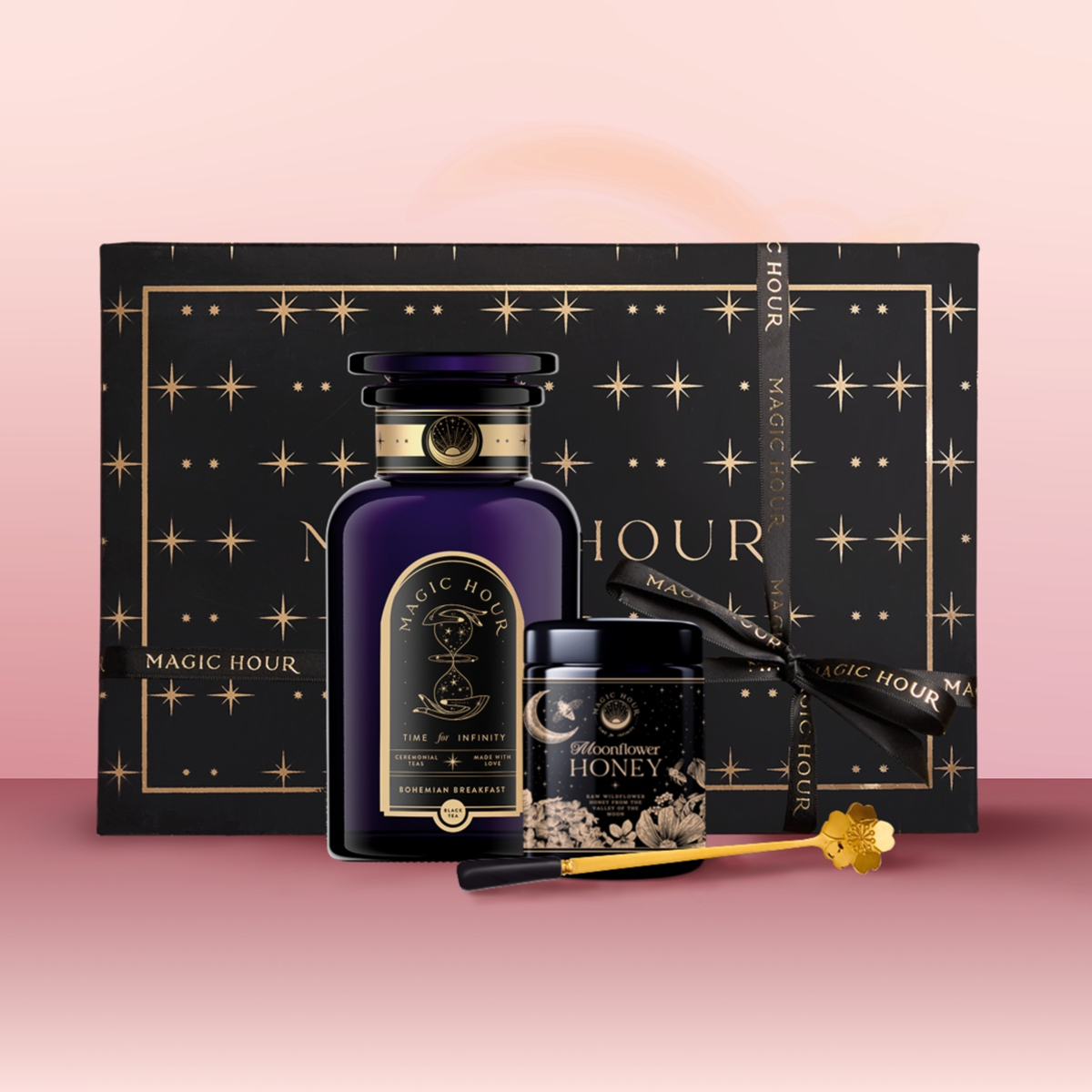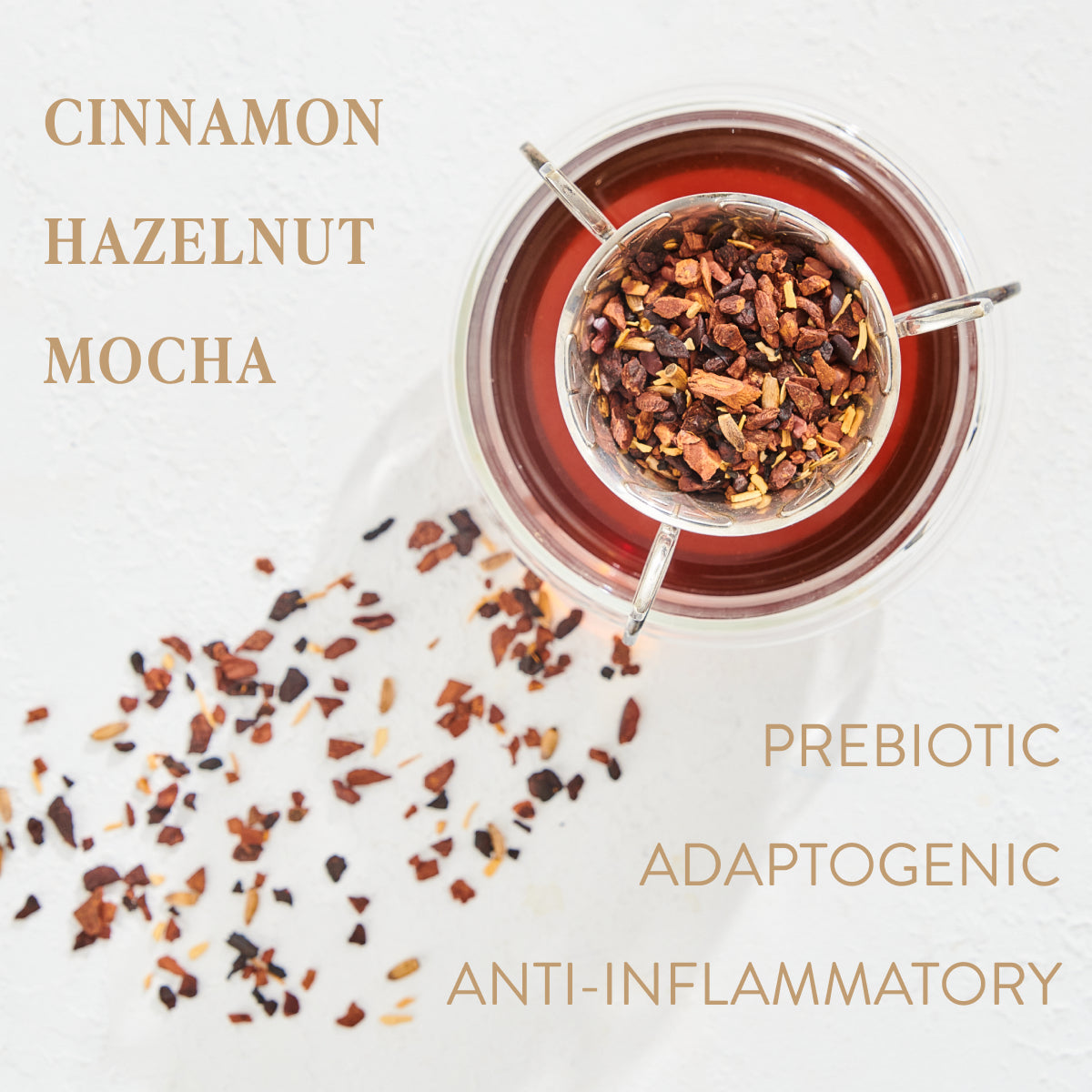Ah, iced tea. That refreshing summer staple we love to sip on hot days. But beyond its delicious taste, have you ever wondered if iced tea is actually good for you? In this article, we’ll explore the health benefits of iced tea, diving into its refreshing properties and the potential boost it can give to your overall well-being. So grab your favorite glass and prepare for the refreshing, verifiable truth.
5 Benefits of Iced Tea
Iced tea isn’t just a tasty beverage made of tea leaves – it can be a valuable addition to a healthy lifestyle. Here are some of the potential benefits you can enjoy, according to scientific research.
Hydration
It may seem obvious, but iced tea is mostly water. Water, as we all know, is crucial for staying hydrated. However, what’s less obvious is that not all water-based beverages will hydrate you.
Some reports suggest that caffeine can be a modest diuretic, which can lead to mild dehydration. So, drinking caffeinated beverages like iced tea could, in theory, lead to a water imbalance in your body.
However, the caffeine concentration in iced tea is too low to produce that effect. One study showed that drinking up to six servings of tea daily will hydrate you as much as drinking plain water.
Staying hydrated helps maintain normal body function, from regulating body temperature to promoting healthy skin.
If you want to make water more exciting, iced tea can be a great alternative. Plus, it’s a much healthier option than sugary sodas or juices.
Antioxidants
Hot or iced, tea packs a lot of antioxidants. Green tea contains a family of compounds called flavonoids (like catechins). When we process green tea, oxidation turns these compounds into other antioxidants like theaflavins (which are present in black tea).

These powerful compounds protect your cells from harmful damage created by free radicals, which can lead to chronic diseases.
Catechins and flavonoids provide various health benefits, from reducing inflammation to improving heart health. So sipping on iced tea could be a delicious way to give your body a boost of these protective compounds.
Weight Control
Are you looking to maintain a healthy weight? A study of 6,472 adults found that drinking tea can help prevent obesity. The study also showed that drinking bottled iced tea or iced tea prepared from powder has the opposite effect.
Many popular iced tea brands contain 3 to 5 grams of sugar per 100 mL of tea. This high sugar content counteracts other weight control benefits and can bring undesirable side effects from high sugar intake.
So, swapping out sugary drinks for unsweetened tea is a great way to reduce calories without sacrificing flavor. With the potential to boost metabolism and promote fat burning, choosing this option will help you cut pounds rather than gain them.
If you don’t like unsweetened tea, you can sweeten it without real sugar using stevia or another natural sweetener.
Heart Health
Did you know that many Asian cultures, like China and Japan, consume a lot of tobacco? Science says this should lead to an increase in the rate of cardiovascular diseases like arteriosclerosis. However, Japan has the lowest incidence of arteriosclerosis in the world.
Scientists call this contradiction the “Asian Paradox” and propose that the cause is the high consumption of green tea in Asia.
Your heart is a vital organ. The Asian Paradox proves that tea may help keep it healthy. Studies suggest the routine consumption of different types of green tea may:
- Help improve blood vessel function
- Reduce cholesterol levels
- Lower blood pressure
These benefits may help lower the risk of:
- Heart disease
- Stroke
- Other cardiovascular health problems
So, adding iced tea to your routine could be a simple way to give your heart some extra love.
Immune Health
Did you know that tea might also give your immune system a helping hand? Some research suggests that tea’s antioxidants and other compounds may help strengthen your body’s defense against infectious diseases like COVID-19.
While researchers need to conduct more studies, you might find that drinking iced tea is a tasty way to support your immune system and stay healthy.
Which Iced Tea is Best?
With so many varieties, you might be wondering which iced tea reigns supreme. The truth is that each type of iced tea brings unique benefits to the table. Let’s take a closer look at some popular options.
Black Iced Tea
Whether you brew it in hot water or cold, all the types of black tea are known for their bold flavor and rich aroma. They're also a good source of caffeine, which makes them a popular choice for a morning or afternoon pick-me-up. But black iced tea offers more than just a caffeine boost:
- Theaflavins: These antioxidants are special to black tea and could benefit heart health and blood sugar control.
-
Gut Health: Some research suggests that black tea promotes a healthy gut microbiome, aiding health and digestion.

If you’re looking for a strong, flavorful iced tea with potential health benefits, black tea could be a great choice.
Green Iced Tea
Green tea is known for having a high antioxidant content that brings potential health benefits. It has a slightly grassy flavor that many find refreshing and contains less caffeine than black tea. Here’s what makes green iced tea stand out:
- Epigallocatechin gallate (EGCG): This powerful antioxidant is abundant in green tea and could play a role in weight management, brain health, and cancer prevention.
-
L-theanine: This amino acid in green tea may reduce stress, relax and help you sit back and relax without causing drowsiness.

Green tea is worth exploring if you’re looking for a lighter, less caffeinated iced tea with potential health benefits.
Herbal Iced Tea
All the types of herbal teas are not technically teas, as they don’t come from the tea leaves of the Camellia sinensis plant. Instead, we make them from various herbs and flowers. They’re either brewed directly with cold water or with hot water and left to cool.

Herbal iced teas offer a wide range of flavors and potential benefits derived from plant compounds, depending on the ingredients. Here are a few popular options:
- Peppermint tea: It’s known for its soothing properties and may help relieve digestive issues and headaches.
- Chamomile tea: One of the most popular varieties of herbal teas used as a sleep aid, chamomile may also reduce anxiety.
- Hibiscus tea: This tart and tangy tea is rich in antioxidants. It’s the go-to option to help lower blood pressure.
Herbal iced teas can be a caffeine-free and delicious way to get the potential benefits of various herbs and plants. You can turn a herbal iced tea into an even more refreshing glass by adding a touch of fresh lemon.
No matter which type of iced tea you choose, opting for unsweetened versions is always healthier. Added sugar can negate all the potential health benefits of tea and contribute to weight gain and other health problems. So go ahead and experiment with different types of iced tea to find your favorites – your body will thank you!
FAQs About Iced Tea
Let’s address some of the most frequently asked questions about iced tea.
How Much Caffeine is in Iced Tea?
The caffeine content of iced tea varies depending on: how you brew it and the type of tea. Black tea has a higher caffeine content compared to green tea. Herbal teas are naturally caffeine-free.
Here’s an estimate of caffeine content per 8-ounce serving:
- Black Tea: 50 milligrams
- Green Tea: 30 milligrams
- Herbal Tea: 0 milligrams
Are There Side Effects to Drinking Iced Tea?
For most people, iced tea is safe to enjoy in moderation. However, some people may experience side effects, especially if they drink large amounts or are sensitive to caffeine.
Potential side effects of iced tea include:
- Upset stomach caused by the tannins in tea
- Insomnia due to caffeine
-
Anxiety, also due to caffeine
If you experience any side effects after drinking iced tea, it’s best to reduce your intake or switch to a caffeine-free variety.
Is Iced Tea Good for You When You’re Sick?
While iced tea isn’t a cure-all, it may offer some benefits when you feel under the weather. Staying hydrated is important when you’re sick, and iced tea can be a good way to get fluids.
Additionally, the antioxidants in tea may help support your immune system. Some herbal teas, like ginger tea or chamomile, may help soothe a sore throat or upset stomach.
Enjoy Your Iced Tea!
In conclusion, iced tea isn’t just a refreshing drink—it’s a potentially powerful beverage that can contribute to your overall health. From hydration and weight management to heart health and immune support, iced tea has much to offer. So go ahead and raise a glass to your well-being and make it part of a healthy diet.
Ready to Brew?
Give a new iced tea recipe today. Whether you prefer black, green, or herbal tea, there’s a flavor for everyone.
Experiment with your favorite combinations of herbs, fruits, and spices to create your unique blend. And remember, choose unsweetened versions whenever possible to reap the full health benefits of this summer drink.
Cheers to your health!











